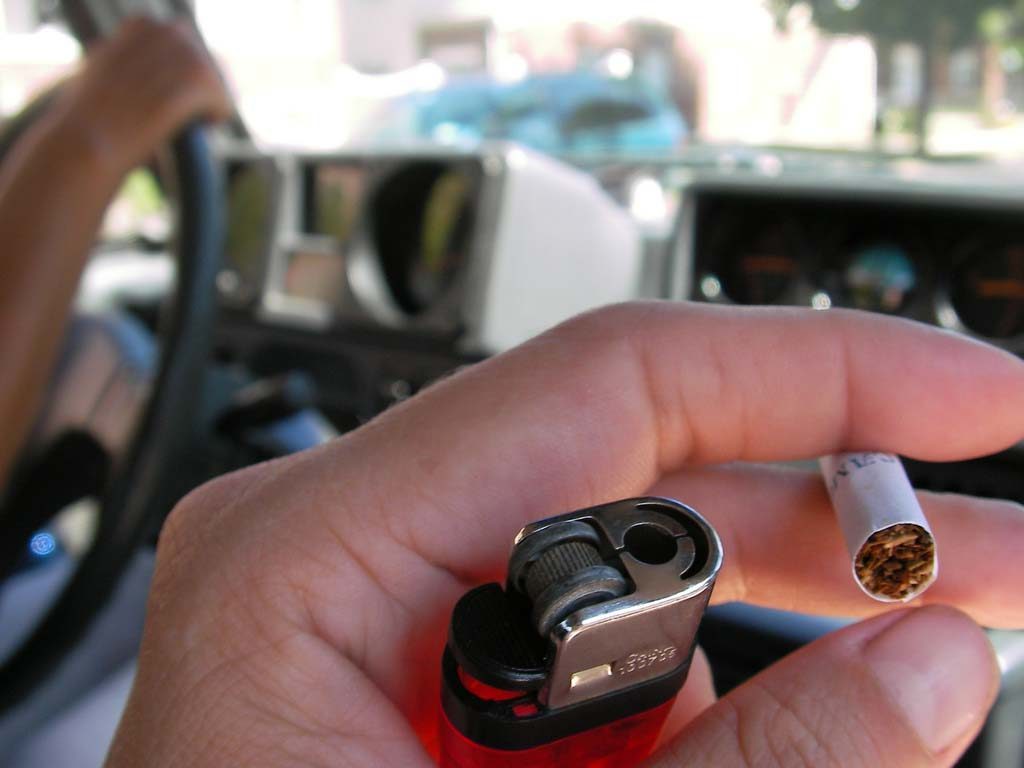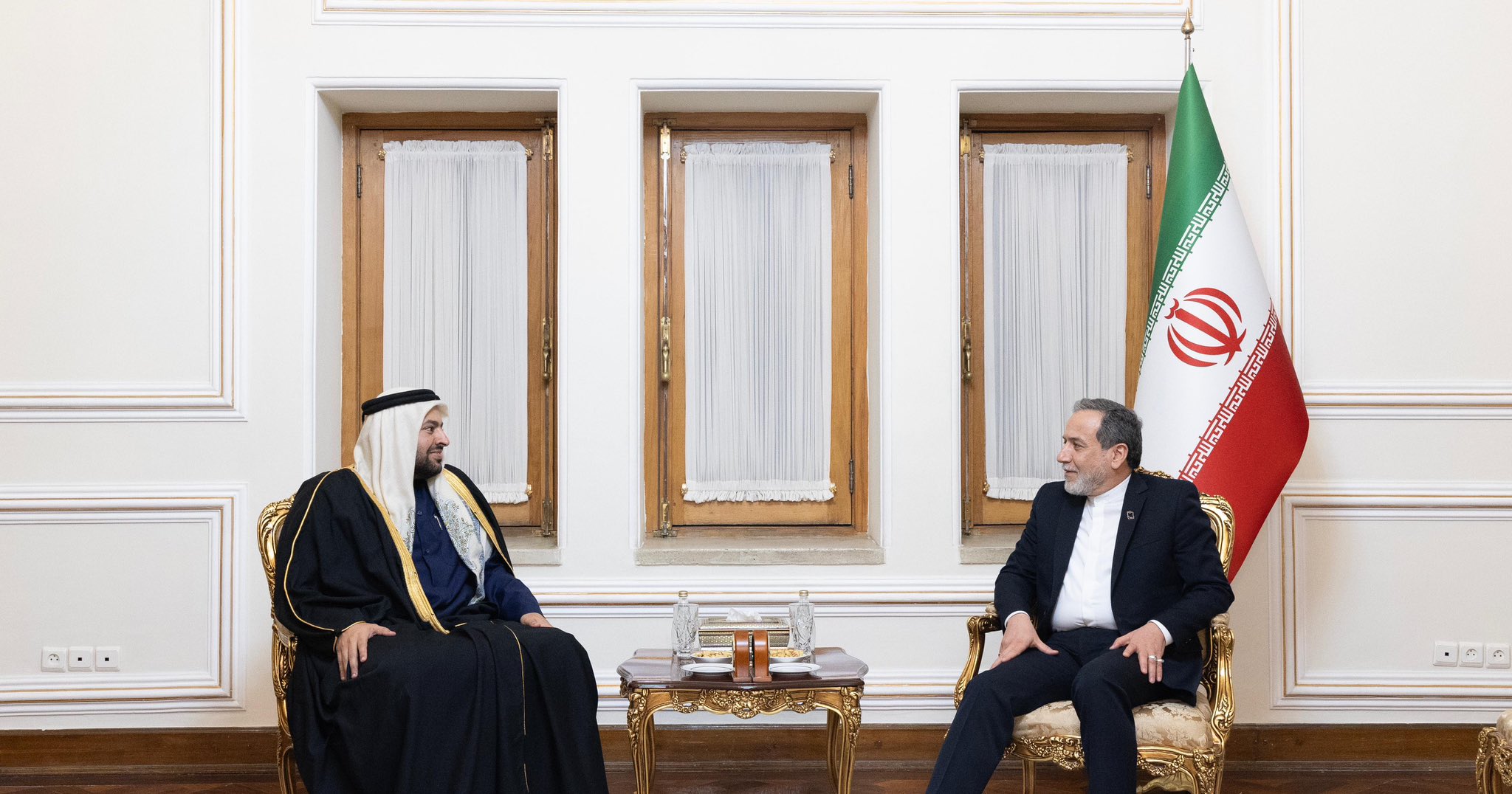
Motorists in Qatar caught smoking in vehicles that contain children can now face fines of up to QR3,000, according to a new tobacco law signed by the Emir yesterday.
The legislation, which has been in the works for years, takes several steps to discourage the use of tobacco particularly among young people in Qatar.
For example, it has always been illegal to sell tobacco to minors under the age of 18, and salespersons faced fines for doing so.

But now, the establishments in which a minor is sold cigarettes can also be held accountable through a fine of up to QR100,000, while the salesperson can now face jail time.
Additionally, the sale of tobacco is now prohibited within 1,000m of schools and educational establishments, an increase from the previous 500m restriction.
The ban on smoking in cars applies to those driving with young people under the age of 18 years.
Other provisions
The new law also increases the maximum fine of smoking in covered public places such as malls and coffee shops to QR3,000. Previously, it was QR500.
Many lauded this change when the Advisory Council approved these measures earlier this year. They said the harsher penalty should help stamp out rampant smoking inside some of Qatar’s malls.
Despite efforts, smoking rates appear to be rising in Qatar.
Some 12 percent of the country’s population ages 15 years and older said they currently smoke tobacco. That’s up from 10 percent in 2013, the latest Global Adult Tobacco Study found.

Cognizant of this, the new legislation takes several other measures to discourage residents from the deadly habit.
These include:
- Earmarking 5 percent of customs duties to be levied from tobacco products for use by the Ministry of Public Health’s anti-smoking campaigns.
- Banning the use of sweika and other chewing tobacco products entirely (the sale of electronic cigarettes has been banned in Qatar since 2013);
- Closing an establishment caught violating the new law for up to three months; and
- Publishing convictions of businesses in at least two daily newspapers, at the expense of the erring party.
Convictions
In the event of a conviction, a court can also order confiscation, destruction or re-exporting of tobacco products and their derivatives, irrespective of the quantity.
However, Qatar’s public health minister can opt to arbitrate a case before it goes to court or until a verdict is reached.

When this happens, the offender would pay half of the maximum fine stipulated for his offense to avoid criminal charges.
The new legislation replaces Law No. 20 of 2002 on the control of tobacco products and its derivatives.
Authorities didn’t state whether the new law takes effect immediately.
But Al Sharq reports officials as saying the current legislation should be applied in a way that “doesn’t contradict the new law’s regulations.”
Thoughts?







